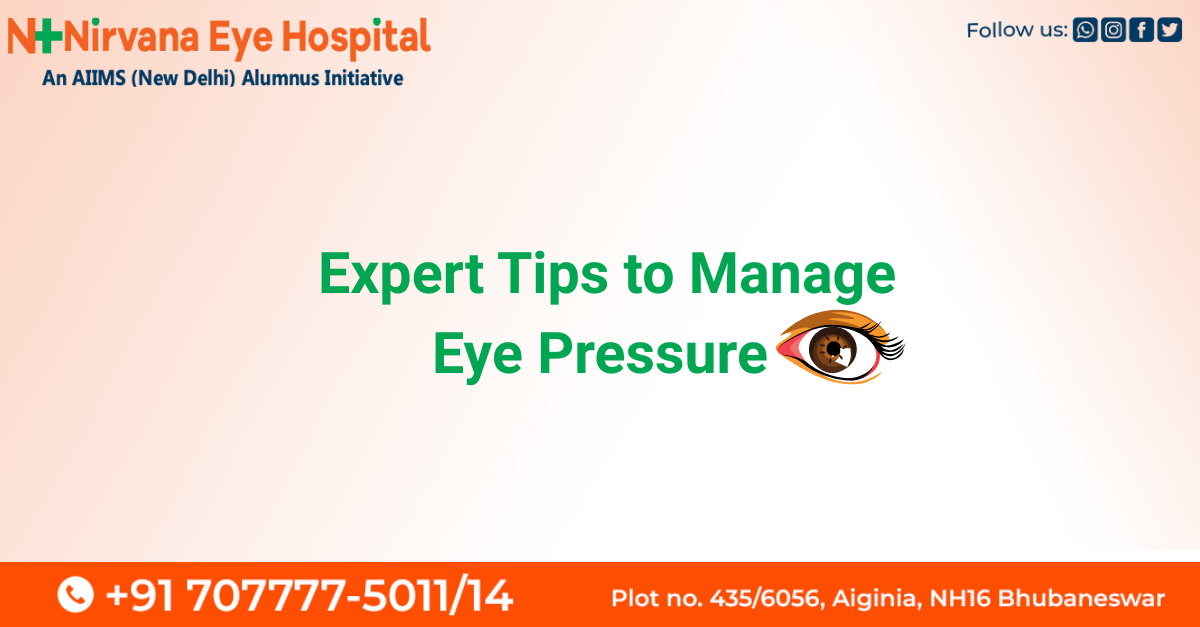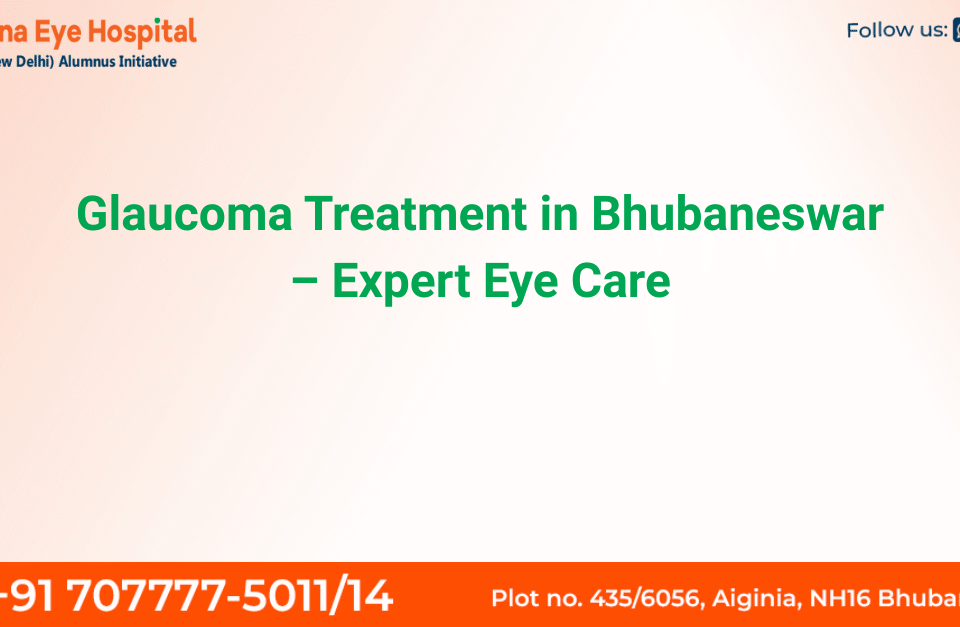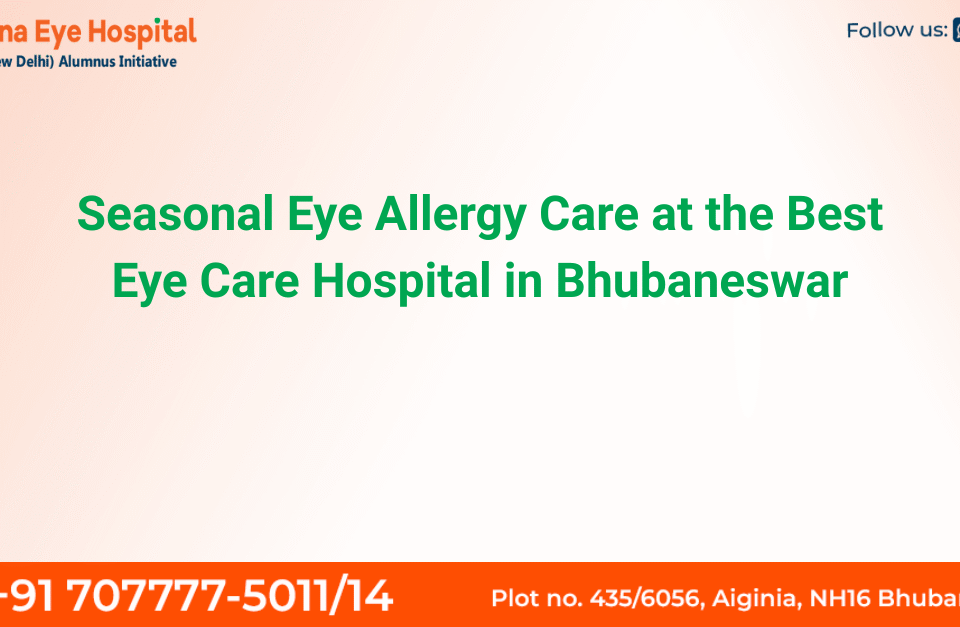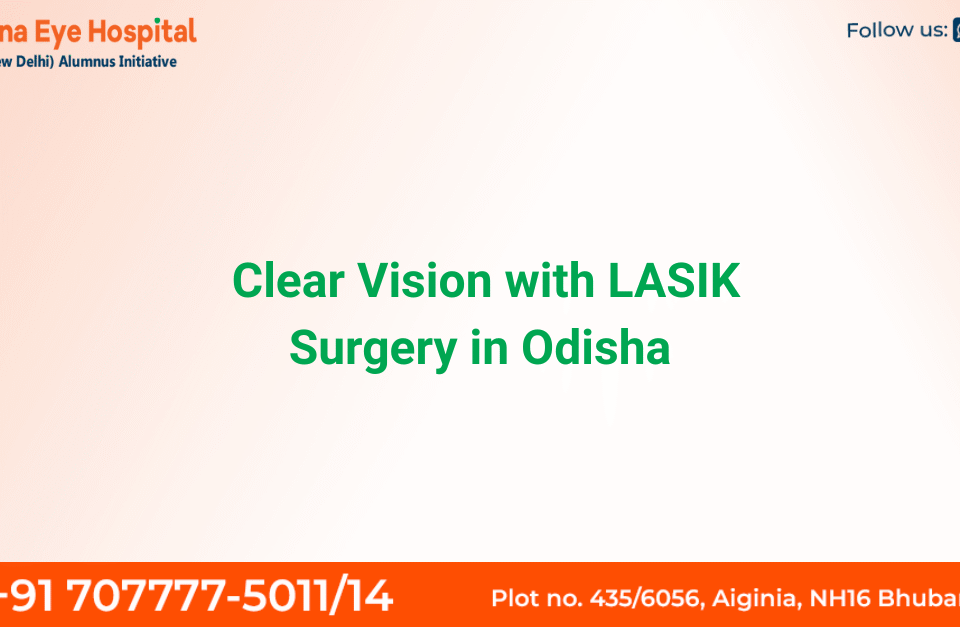Eye Pressure Doctor Guide for Safe Vision

Digital Eye Strain in Kids: A Growing Concern During Rainy Season
June 19, 2025
Clear Vision, Compassionate Care: Why Nirvana Eye Hospital is the Best Eye Hospital in Odisha
June 28, 2025Eye pressure isn’t something most people think about until it becomes a problem—but it’s a vital part of maintaining long-term eye health. Known medically as intraocular pressure (IOP), changes in eye pressure can signal serious eye conditions like glaucoma, which can cause permanent vision loss if left untreated. This Eye Pressure Doctor Guide will help you understand the importance of monitoring your eye pressure and when to seek professional care.
At Nirvana Eye Hospital, our specialists emphasize early diagnosis and regular monitoring to preserve vision. This comprehensive Eye Pressure Doctor Guide explains everything you need to know.
What is Eye Pressure?
Eye pressure refers to the fluid pressure inside your eyeball. A healthy eye maintains a balance between fluid production and drainage. When that balance is disrupted—too much fluid or blocked drainage—the pressure rises.
Normal eye pressure: 10–21 mmHg (millimeters of mercury)
High pressure (ocular hypertension): Above 21 mmHg
Chronically elevated IOP can damage the optic nerve, leading to glaucoma.
Causes of Abnormal Eye Pressure
Our eye doctors see a range of causes for pressure changes, including:
-
Overproduction of aqueous fluid
-
Poor drainage through the trabecular meshwork
-
Eye injuries or inflammation
-
Long-term use of corticosteroid eye drops
-
Family history of glaucoma
-
Medical conditions like diabetes or hypertension
Symptoms You Shouldn’t Ignore
Unfortunately, elevated eye pressure often shows no symptoms until damage has already occurred. However, in some cases, patients may experience:
-
Blurred vision
-
Eye pain or pressure
-
Halos around lights
-
Headaches
-
Nausea (in acute cases)
If you notice any of the above, visit your eye doctor immediately. A quick eye pressure test (tonometry) can detect the issue before permanent damage sets in.
What Eye Doctors at Nirvana Recommend
Our team follows international guidelines when it comes to managing intraocular pressure. Based on our Eye Pressure Doctor Guide, we recommend:
✅ Annual Eye Exams (After Age 40)
Everyone over 40 should get a comprehensive eye check, especially if they have risk factors.
✅ Tonometry and OCT Scans
These tests measure IOP and examine the optic nerve for signs of glaucoma.
✅ Lifestyle Management
Avoid smoking, control blood sugar and pressure, and maintain a healthy weight to reduce eye disease risk.
✅ Proper Use of Medications
Only use eye drops prescribed by a specialist. Self-medication with steroids can silently raise eye pressure.
✅ Monitoring in High-Risk Patients
If you have a family history of glaucoma or previous trauma to the eye, get checked more frequently.
How is Eye Pressure Treated?
Treatment depends on the cause and severity:
-
Medication (Eye Drops): To reduce fluid production or increase drainage
-
Laser Therapy: Improves drainage in early glaucoma
-
Surgery: For advanced cases where pressure cannot be controlled with medication
At Nirvana Eye Hospital, we personalize treatment based on your IOP readings and optic nerve health.
Why Choose Nirvana Eye Hospital?
When it comes to protecting your sight, experience matters. Nirvana Eye Hospital offers:
-
Board-Certified Eye Doctors specializing in glaucoma and pressure management
-
Advanced Diagnostic Equipment like Goldmann tonometry, OCT, and pachymetry
-
Tailored Treatment Plans with ongoing monitoring
-
Clean, Patient-Friendly Environment with expert counseling
-
Affordable Consultation & Test Packages
Take the Pressure Off—Book Your Eye Test Today!
Don’t wait until vision loss begins. Use this Eye Pressure Doctor Guide as your reminder to schedule a comprehensive checkup. Early intervention saves sight—and Nirvana Eye Hospital is here to help every step of the way.





